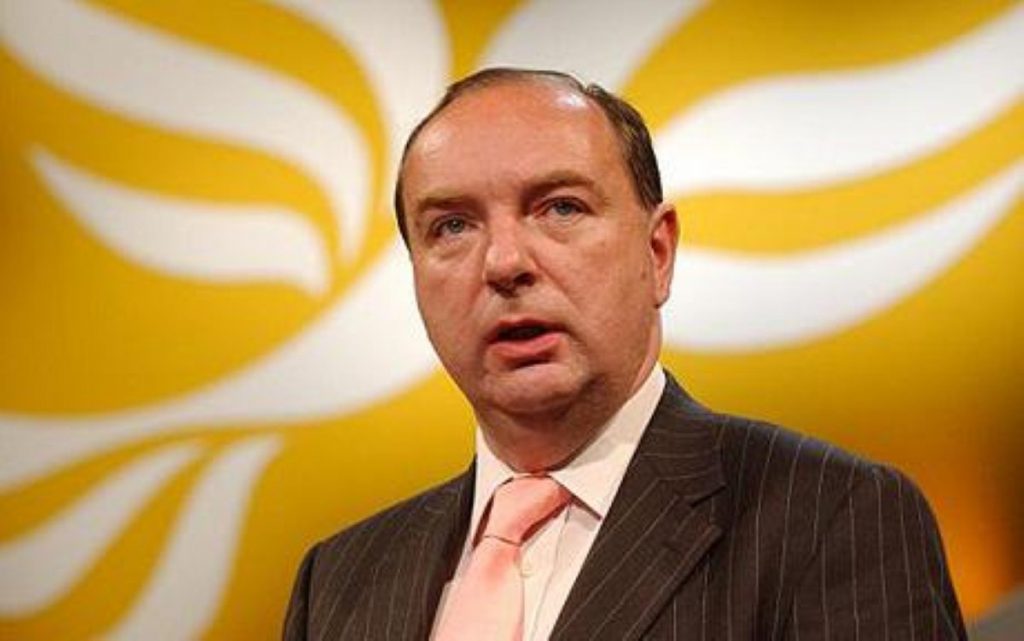Norman Baker: ‘Genie is out the bottle’ on drug reform
Westminster has finally reached a tipping point in the drug debate and radical change is now becoming possible, Norman Baker has said.
The Liberal Democrat Home Office minister was speaking to Politics.co.uk after the publication of a government report on international drug laws which found no correlation between the severity of a country's policy and levels of drug use.
It is unprecedented for the Home Office to publish a report which casts doubt on its own policy for the last 40 years and many reformers are becoming increasingly confident that it could herald a sea-change in Westminster's view on the issue.
"In the short term it will influence manifestos, certainly it will from our position and for the Greens," Baker said.


"The Tories will probably retreat into nonsensical stuff that doesn't work. What's interesting to me is what Labour is going to do about it. If they've got any sense they'll realise there may be a need to talk to us."
The Conservatives are insisting Baker's comments reflect only his own party's views and that they remain committed to a tough approach to drugs, but the report was signed off by Theresa May and written by civil servants.
"It's matter of record the report was written by civil servants – by the drugs team," Baker says.
"They've looked at the evidence and come to those conclusions. There's a point at which the wall breaks and water gushes in."
Asked if the other Westminster parties were now reaching that point, Baker replied: "I don't know. You couldn't predict it when the Berlin Wall fell down.
"The evidence is pretty compelling. It's for each party to absorb that and draw its own conclusions – and for the public as well. I think the genie is out the bottle."
Of all the countries the inquiry looked at it was Portugal – which decriminalised drugs and directed users to health programmes – which proved the most compelling.
"Portugal is a very interesting example," he said. "We've had a long time to look at it, unlike [cannabis regulation experiments in] Washington and Colorado.
"Portugal changed its position 12 years ago, so there's been plenty of time to analyse it."
Once Portugal adopted a more liberal approach, drug use fell and drugs users' health significantly improved. In the Czech Republic, where they criminalised drugs, drug users' health got worse.
Rumours from inside the Home Office suggested the report was delayed for months due to opposition from the Conservatives. It eventually emerged today alongside a less liberal report calling for a blanket ban on legal highs. Sources inside the Home Office suggest this dual publication plan was the only way the Tories could be persuaded to publish the first report.
But Baker insisted the legal highs report was compatible with the former report, because it puts the onus on criminalising distribution rather than users themselves.
"I don't regard the legal highs report as draconian," he said. "It's tough on people who are peddling drugs and takes a different view on users. I wanted them to come out together and we agreed, because the two interact."
The Home Office cites falling drug use in the UK as evidence its policies are working, but critics point out illegal drug use is falling internationally and is probably not connected to the effectiveness of government policy.
"It's partly due to better police techniques and international coordination over gangs," Baker said.
"But it's also due to young people generally becoming more risk-averse than they were. They're more risk averse in how much alcohol they have, on unprotected sex, and so on."
MPs debated drugs laws for the first time in years in the Commons chamber today, following an online petition which was signed by 135,000 people.









